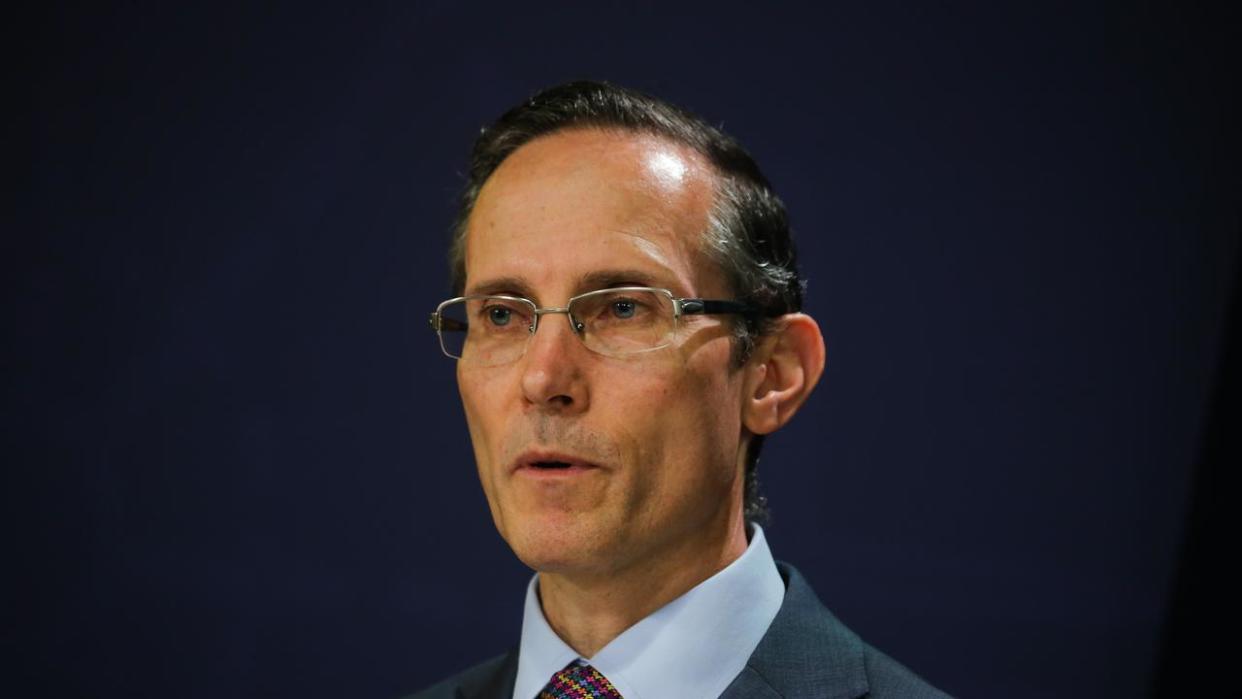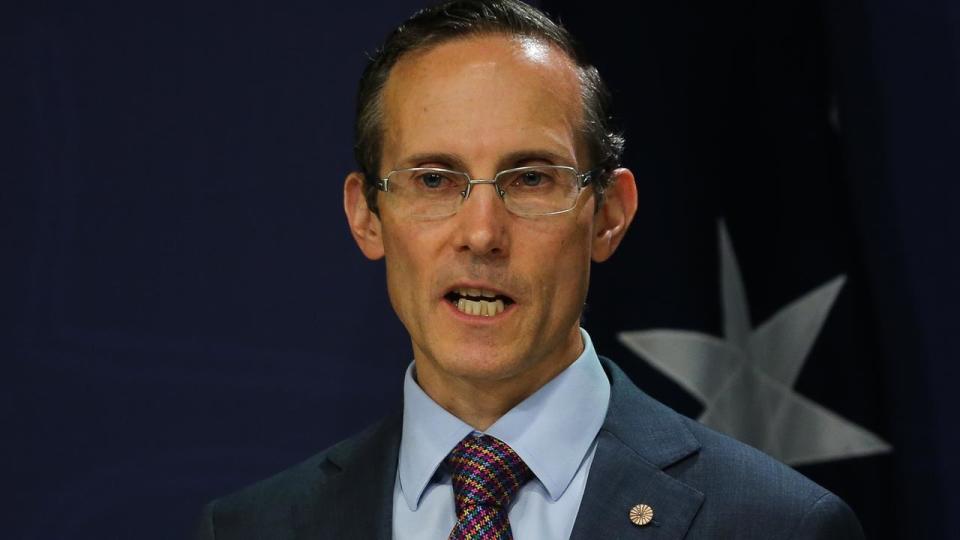Big move to save Aussies millions

The Albanese government says it will save taxpayers millions of dollars by applying the thinking that has been employed by scientists for hundreds of years.
Assistant Minister for Treasury Andrew Leigh on Tuesday used his speech to the National Press Club to trumpet the new Australian Centre for Evaluation.
In this year’s budget, the government set aside $10m over four years for the venture which will be staffed by 14 people.
Its aim is to “improve evaluation capabilities, practices and culture”, according to Leigh.
This includes using randomised trials to decide which policies work and which don’t, which could help determine the government’s spending priorities.
Since the 1700s, blind randomised trials have been used by scientists to test the effectiveness of treatments against a control group.

“In the decades since randomised trials became broadly accepted as the best way of evaluating medical treatments, millions of lives have been saved,” Leigh said.
“From childhood leukaemia to heart attacks, survival rates have improved dramatically and continue to improve.
“That isn’t because every treatment that has emerged from the laboratory has worked. It’s because medicine has subjected those treatments to rigorous evaluation.”
Leigh pointed to numbers from the Australian Evaluation Society which estimated that from 2021-22, the government spent $52m on external consultants to evaluate programs and policies.
While other reviews also found the need to review evaluation processes.
“Decision-makers too often rely on inefficient - and sometimes harmful - informal feedback systems,” Leigh said.
“The result is poor decisions that lead to failures to improve lives, avoidable harm to citizens, and wasted resources.”
While agencies and programs will not be compelled to participate in the evaluation process, Mr Leigh earlier told The Guardian the program’s findings would help determine funding priorities.
“The first test will be that ACE is doing rigorous evaluations, including randomised trials,” he said.
“The second test will be that evaluation findings are being reflected in government policy, with ineffective programs being adjusted or ended and effective ones being scaled up.”


